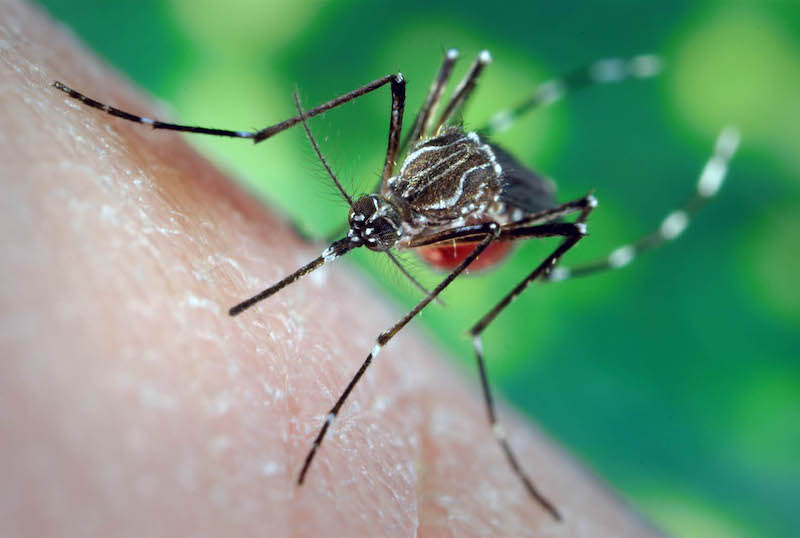Heart disease and stroke kill more women than cancer, lung disease, Alzheimer disease and accidents combined. In fact, women are more at risk for stroke than men.
Overall, deaths from cardiovascular disease have decreased since 1980. However, younger women are developing it more often since obesity is such a problem.
The American Heart Association has updated its guidelines for prevention of cardiovascular disease in women. The association believes the following guidelines will reduce a woman’s risk of heart attack and stroke:
Follow these tips
• Keep total blood cholesterol under 200 milligrams per deciliter
• Maintain blood pressure under 120/80
• Keep fasting blood glucose under 100
• Maintain a normal body weight with a BMI under 25 (overweight is 25-29 and obese is 30 or more)
• Do not smoke
• Do at least 150 minutes of moderate physical activity each week (30 minutes a day, five days a week) or at least 75 minutes a week of vigorous activity (at least 20 minutes a day, four days a week)
• Eat a diet similar to the DASH diet
Specific diet recommendations includes eating at least 4.5 cups of vegetables and fruits per day at meals and snacks. Darker and more vibrant colored fruits and vegetables tend to be more nutritious. Good choices include leafy greens, berries, tomatoes, peaches, melons, oranges, broccoli, sweet potatoes and cooked dried beans and peas.
Fish, fiber and whole grains
Eat fish twice a week. Oily fish, like salmon, trout and water-packed tuna, are the best choices.
Consume at least 30 grams of fiber a day. The best sources are bran cereal, beans and peas.
Eat whole grain foods at least three times a day. This includes whole wheat bread, brown rice, whole wheat pasta, whole grain cereals, quinoa, whole wheat couscous and bulgur.
Limit sugar intake to less than five servings a week. Don't forget to cut back on sugary drinks. One serving of sugar is one tablespoon of granulated sugar, a tablespoon of jam or jelly, a half cup of sorbet or one cup of lemonade.
Eat beans, peas, nuts and seeds at least four times a week. A serving is one-third of a cup of unsalted nuts, two tablespoons of peanut butter or seeds, and a half cup of cooked beans or peas. Avoid macadamia nuts as they are too high in saturated fat.
Eat less saturated fat
Cut saturated fat to less than 7 percent of your total calories. This can be done by not frying foods, trimming the fat off meat, removing the skin from poultry and avoiding high-fat desserts, butter, full-fat cheese and regular sour cream.
Eat less than 150 milligrams of cholesterol a day by keeping meat, poultry and fish portions to less than 3 ounces per meal (about the size of a deck of cards) and eating egg yolks less often.
Drink less than one drink of alcohol per day. One drink equals 12 ounces of beer, 1.5 ounces of distilled liquor and 4 ounces of wine.
Limit sodium to 1,500 milligrams per day to help control blood pressure. Do not add salt to food when cooking or at the table. Eat mainly fresh or unsalted canned and frozen foods, and dine out infrequently.
For more nutritional advice, contact your local University of Georgia Cooperative Extension office at 1-800-ASK-UGA1.







